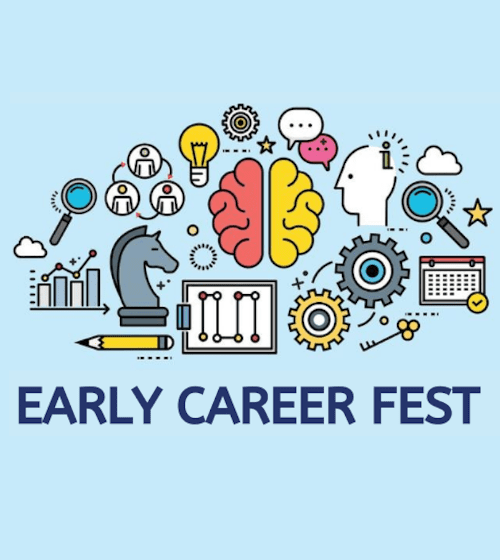Enacting cultural literacy as a dialogic social practice: The role of provisional language in classroom talk
Written By: Victoria Cook


4 min read
This article summarises the following research article:
Cook V, Maine F and Čermáková A (2022) Enacting cultural literacy as a dialogic social practice: the role of provisional language in classroom talk. London Review of Education 20(1) DOI: 10.4324/LRE.20.1.02.
Introduction
Provisional language, such as might/maybe/could/perhaps, is vague language that can be used to encourage open mindedness and speculation.
Traditional views of cultural literacy, which focus on the essential cultural knowledge that is needed to function in society, represent a static, one-way transmission of knowledge. In contrast, the authors argue that cultural literacy may be reconceptualised as a dialogic social practice. According to this idea, culture and heritage are continually co-created through interaction between people. Such a view of cultural literacy celebrates different perspectives.
The aim of this research project was to explore how children from different European con
Join us or sign in now to view the rest of this page
You're viewing this site as a guest, which only allows you to view a limited amount of content.
To view this page and get access to all our resources, join the Chartered College of Teaching (it's free for trainee teachers and half price for NQTs) or log in if you're already a member.
0
0
votes
Please Rate this content
Subscribe
Please login to comment
0 Comments
Inline Feedbacks
View all comments








